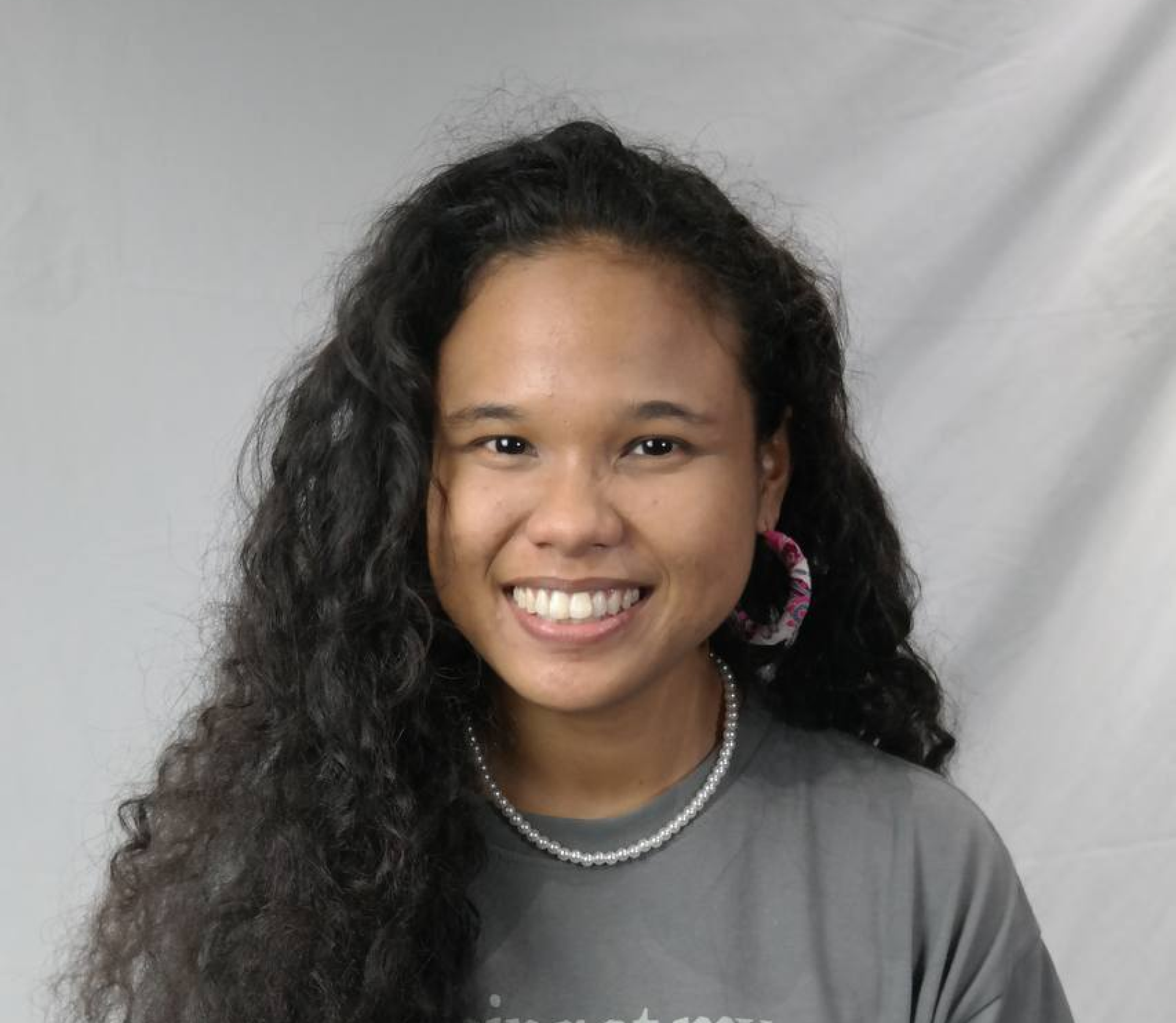Yanee
During the COVID-19 pandemic, I read news reports about fashion stores being unable to operate due to nationwide measures to reduce movements and social interactions. This led me to wonder about the issue of unsold textiles that were discarded in good condition, simply because they were no longer trendy.
With further research, I discovered that the fast fashion industry is responsible for about 10 per cent of global carbon emissions. Furthermore, textile production is resource intensive — creating a single cotton shirt can use around 1,000 litres of water. Even worse, non-biodegradable materials like polyester can remain in landfills for more than 150 years! These revelations sparked my desire to address the environmental impact of textile waste and find sustainable fashion solutions.
Commenhers was founded with a dual-pronged mission: to address the alarming decline in Singapore's textile recycling rate —which had fallen from 11 per cent in 2019 to just two per cent by 2023 — and also to provide ethical, flexible employment opportunities for locals. The name "Commenhers" was chosen to reflect inclusivity and represent "common people." We want to create upcycled products for everyone — hence the name is a blend of "men" and "hers."
Commenhers has teamed up with sports retailer Decathlon to create upcycled products from defective tents, inflatable air mattresses and kayaks. These collaborations involve hands-on workshops that teach employees and customers upcycling skills such as sewing and crafting to reuse various materials.
We ran a project called "Sew Crazy SG," in collaboration with sustainable fashion collective Fashion Parade, which holds upcycling workshops for individual consumers. We also visit schools to show kids how fun upcycling can be. It is important to demonstrate that sustainable fashion doesn't have to be costly — anyone can learn upcycling, which nurtures creativity, with an emphasis on ethical and affordable style.
My co-founder Linn and I are currently university undergraduates. Juggling our business with our studies has been a real challenge. On top of our school work, we manage an active business with over 86 ad-hoc makers and full-time employees, while also addressing clients' needs. Nonetheless, we’re thankful for this eye-opening experience, which lends us valuable hands-on industry experience that classroom learning alone cannot provide.
I am happy to share that Commenhers upcycled a total of 1.5 tonnes of textile waste in 2023, and is working towards tripling this volume in 2024. Our goal is to continue this upward trend, and create a greater impact in the years to come. Sustainability is more than a buzzword or fashion statement — it should be a way of life filled with imagination and hope for future generations.





